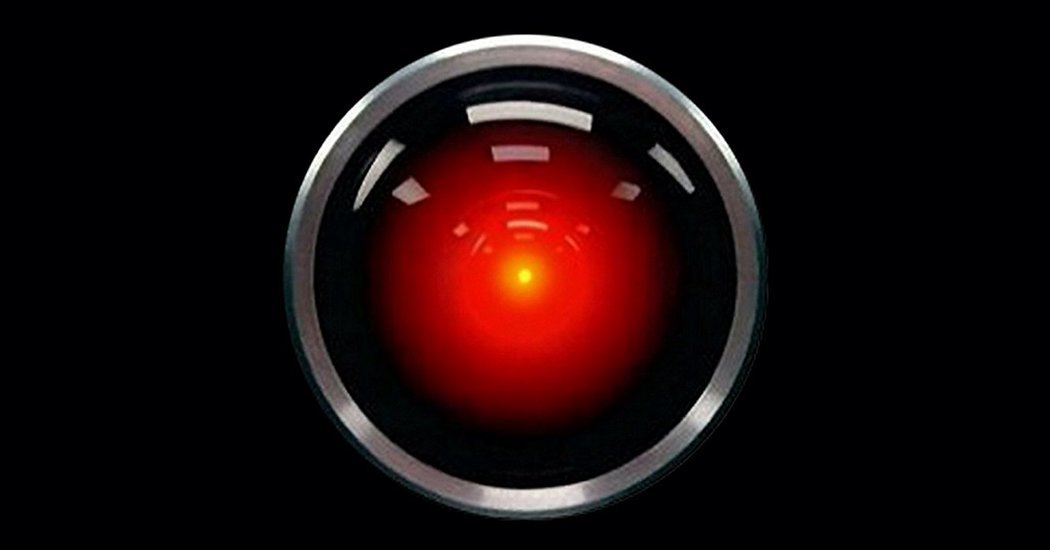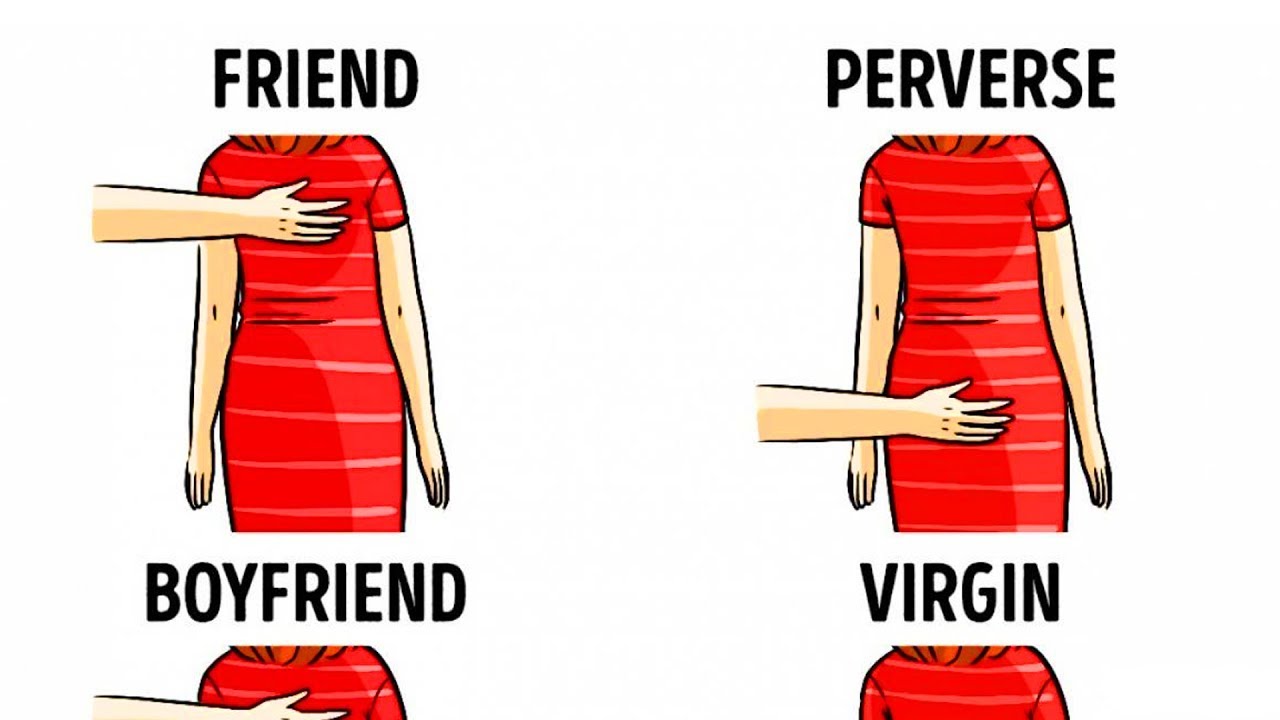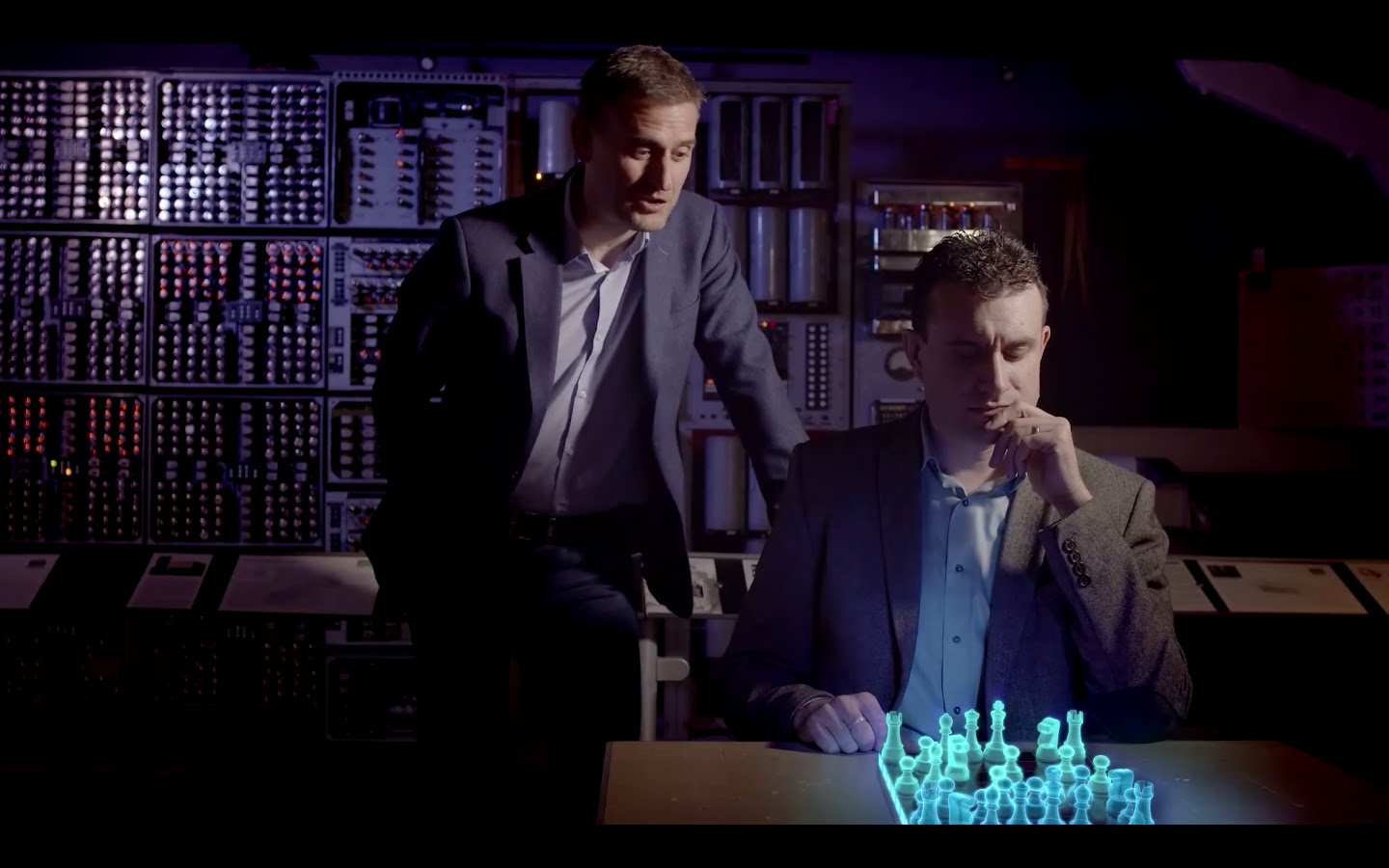Even when Kubrick was making the film, the director sensed HAL’s larger implications. He said in a 1969 interview with the author and critic Joseph Gelmis that one of the things he was trying to convey was “the reality of a world populated — as ours soon will be — by machine entities that have as much, or more, intelligence as human beings. We wanted to stimulate people to think what it would be like to share a planet with such creatures.”
So how was this particular creature created?
The “2001” historian David Larson said that “Kubrick came up with the final HAL voice very late in the process. It was determined during ‘2001’ planning that in the future the large majority of computer command and communication inputs would be via voice, rather than via typewriter.”
But artificial intelligence was decades from a convincing facsimile of a human voice — and who was to say how a computer should sound anyway?
To play HAL, Kubrick settled on Martin Balsam, who had won the best supporting actor Oscar for “A Thousand Clowns.” Perhaps there was a satisfying echo that appealed to Kubrick — both were from the Bronx and sounded like it. In August 1966, Balsam told a journalist: “I’m not actually seen in the picture at any time, but I sure create a lot of excitement projecting my voice through that machine. And I’m getting an Academy Award winner price for doing it, too.”
Adam Balsam, the actor’s son, told me that “Kubrick had him record it very realistically and humanly, complete with crying during the scene when HAL’s memory is being removed.”
Then the director changed his mind. “We had some difficulty deciding exactly what HAL should sound like, and Marty just sounded a little bit too colloquially American,” Kubrick said in the 1969 interview. Mr. Rain recalls Kubrick telling him, “I’m having trouble with what I’ve got in the can. Would you play the computer?”
Kubrick had heard Mr. Rain’s voice in the 1960 documentary “Universe,” a film he watched at least 95 times, according to the actor. “I think he’s perfect,” Kubrick wrote to a colleague in a letter preserved in the director’s archive. “The voice is neither patronizing, nor is it intimidating, nor is it pompous, overly dramatic or actorish. Despite this, it is interesting.”
Credit
Doug Griffin/Toronto Star, via Getty Images
In December 1967, Kubrick and Mr. Rain met at a recording studio at the MGM lot in Borehamwood, outside London.
The actor hadn’t seen a frame of the film, then still deep in postproduction. He met none of his co-stars, not even Keir Dullea, who played the astronaut David Bowman, HAL’s colleague turned nemesis. The cast members had long since completed their work, getting HAL’s lines fed to them by a range of people, including the actress Stefanie Powers. Mr. Rain hadn’t even been hired to play HAL, but to provide narration. Kubrick finally decided against using narration, opting for the ambiguity that was enraging to some viewers, transcendent to others.
It’s not a session Mr. Rain remembers fondly: “If you could have been a ghost at the recording you would have thought it was a load of rubbish.”
Kubrick was attracted to Mr. Rain for the role partly because the actor “had the kind of bland mid-Atlantic accent we felt was right for the part,” he said in the 1969 interview with Mr. Gelmis. But Mr. Rain’s accent isn’t mid-Atlantic at all; it’s Standard Canadian English.
As the University of Toronto linguistics professor Jack Chambers explained: “You have to have a computer that sounds like he’s from nowhere, or, rather, from no specific place. Standard Canadian English sounds ‘normal’ — that’s why Canadians are well received in the United States as anchormen and reporters, because the vowels don’t give away the region they come from.”
Mr. Rain had played an astonishing range of characters in almost 80 productions at the Stratford Festival in Ontario over 45 years, understudying Alec Guinness in “Richard III” in 1953 and going on to play Macbeth, King Lear and Humpty Dumpty. Sexy, intimidating, folksy, sly or persuasive, he could deliver whatever a role needed.
Mr. Rain had to quickly fathom and flesh out HAL, recording all of his lines in 10 hours over two days. Kubrick sat “three feet away, explaining the scenes to me and reading all the parts.”
Kubrick, according to the transcript of the session in his archive at the University of the Arts London, gave Mr. Rain only a few notes of direction, including:
— “Sound a little more like it’s a peculiar request.”
— “A little more concerned.”
— “Just try it closer and more depressed.”
Though HAL has ice water in his digital veins, he exudes a dry wit and superciliousness that makes me wonder why someone would deliberately program a computer to talk this way. Maybe we should worry about A.I.
When HAL says, “I know I’ve made some very poor decisions recently, but I can give you my complete assurance that my work will be back to normal,” Mr. Rain somehow manages to sound both sincere and not reassuring. And his delivery of the line “I think you know what the problem is just as well as I do” has the sarcastic drip of a drawing-room melodrama and also carries the disinterested vibe of a polite sociopath.
Kubrick had Mr. Rain sing the 1892 love song “Daisy Bell” (“I’m half crazy, all for the love of you”) almost 50 times, in uneven tempos, in monotone, at different pitches and even just by humming it. In the end, he used the very first take. Sung as HAL’s brain is being disconnected, it’s from his early programming days, his computer childhood. It brings to an end the most affecting scene in the entire film.
Scott Brave said the moment “is so powerful that you feel very uncomfortable; all of sudden HAL feels incredibly close to being alive and being human. You start to empathize with that experience, and you are responding to the death of a machine.”
For a character that’s been endlessly caricatured — in “The Simpsons,” “South Park,” television commercials — HAL has inspired a surprisingly rich range of adjectives over the years. He and his voice have been described as aloof, eerily neutral, silky, wheedling, controlled, baleful, unisex, droll, soft, conversational, dreamy, supremely calm and rational. He’s discursive, suave, inhumanly cool, confident, superior, deadpan, sinister, patronizing and asexual.
Anthony Hopkins has said it influenced his performance as the serial killer Hannibal Lecter in “The Silence of the Lambs.” Douglas Rain himself has never seen “2001: A Space Odyssey.” For the retired actor who spent decades at the Stratford Festival and turns 90 in May, the performance was simply a job.
A.I. voice synthesis can’t yet deliver a performance as compelling as his HAL, but it is becoming more … human. The HAL era is almost over: Soon, an A.I. voice will be able to sound like whoever you want it to. In Canada, even Alexa has a Canadian accent.
By GERRY FLAHIVE
https://www.nytimes.com/2018/03/30/movies/hal-2001-a-space-odyssey-voice-douglas-rain.html
Source link



